The expansion of the aquaculture sector in the few decades has experienced a spectacular growth and is now providing more fish than wild capture fisheries for human consumption. The world’s growing population, coupled with a growing demand for animal proteins and the need to protect natural ecosystems, require strategies for a sustainable and responsible aquaculture growth, giving priority to animal health and welfare.
These relevant topics have been discussed during the Regional Workshop for WOAH National Focal Points for Aquatic Animals, that was held in Chioggia (Venice) from 18 to 20 October 2023. The meeting was organized by the World Organization for Animal Health (WOAH) in collaboration with the Istituto Zooprofilattico Sperimentale delle Venezie (IZSVe) and brought together representatives and experts from over 53 European and non-European countries.
“This meeting represents a very important opportunity for European aquaculture – said the Director General of IZSVe Dr Antonia Ricci – Italy is one of the main supplying country of aquaculture products in Europe, and the North-Eastern region covers 50% of the national production, especially of bivalve molluscs, trout, sea bass and sea bream. Aquaculture is facing a series of epochal challenges in recent years: climate change, sustainability and animal welfare. We need strategies capable of supporting production, reducing environmental impact, and guaranteeing the biosecurity of fish farms and animal welfare, also through the prudent use of antibiotics and the use of vaccines.”
“Italy is one of the leading countries in the aquaculture sector in Europe, therefore it has a peculiar role in encouraging discussion and collaboration between different international realities” said Dr Mario Latini, Technical assistant at the WOAH Sub Regional Office for Central Asia. “The WOAH is very committed in promoting disease control strategies and responsible use of antibiotics, and to achieve these goals we need the fundamental technical support of the Istituti Zooprofilattici in terms of research, training and application of standards”.
The event aimed to enhance participants’ understanding of fish disease control measures and welfare standards in aquaculture. This indicates a focus on improving knowledge and practices related to disease prevention and management, as well as ensuring animal welfare in the aquaculture industry. The event provided participants with information about the fish disease situation in the Europe region. Additionally, it addressed the application of biosafety standards on fish farms, indicating a focus on promoting practices that prevent the spread of diseases and maintain biosecurity in aquaculture operations.
Another important aspect covered in the event was the prudent use of antimicrobials in aquaculture. This suggests a commitment to promoting responsible and sustainable use of antibiotics to minimize the development of antibiotic resistance and ensure the long-term health of aquatic animals.
“We are experiencing very important challenges – said Dr Giuseppe Arcangeli, Director of the National reference centre for fish, crustacean and molluscs pathology at the IZSVe – such as the serious problem of the blue crab, the lack of clam seeds, especially here in Veneto Region, as well as general issues like climate and environmental changes. The IZSVe is collaborating with Universities, National Research Council and other research organizations, in order to understand the causes of these phenomena, to interpret them correctly, and to give effective answers. For example, we’re particularly committed to promote the animal welfare, for which we are developing vaccines as a preventive response to the use of antibiotics“.
Objectives of the meeting
- Understanding Fish Disease Control and Welfare Standards. The event aims to enhance participants’ understanding of fish disease control measures and welfare standards in aquaculture. This indicates a focus on improving knowledge and practices related to disease prevention and management, as well as ensuring animal welfare in the aquaculture industry.
- Information on Europe Region Fish Diseases and Biosafety Standards. The event will provide participants with information about the fish disease situation in the Europe region. Additionally, it will address the application of biosafety standards on fish farms, indicating a focus on promoting practices that prevent the spread of diseases and maintain biosecurity in aquaculture operations.
- Prudent Use of Antimicrobials in Aquaculture. Another important aspect covered in the event is the prudent use of antimicrobials in aquaculture. This suggests a commitment to promoting responsible and sustainable use of antibiotics to minimize the development of antibiotic resistance and ensure the longterm health of aquatic animals.
- Contribution to WOAH Aquatic Animal Health Strategy. This activity aligns with and contributes to the implementation of the WOAH Aquatic Animal Health Strategy for the period 2021-2025. This emphasizes the event’s relevance to the overall goals and objectives of the strategy.


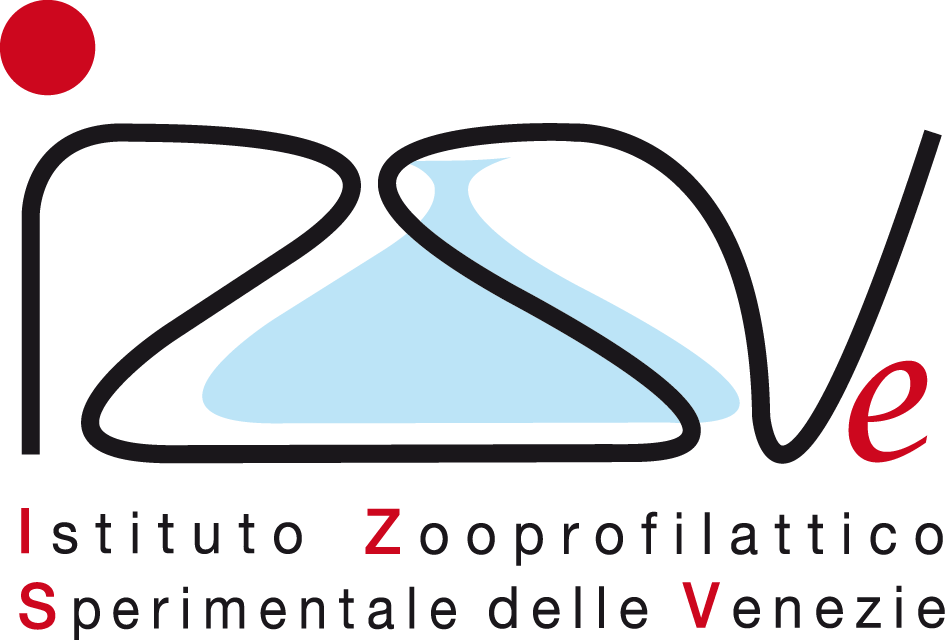







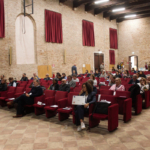

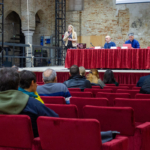
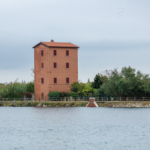







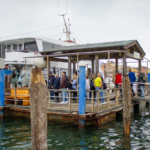
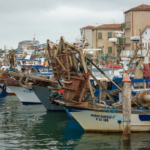

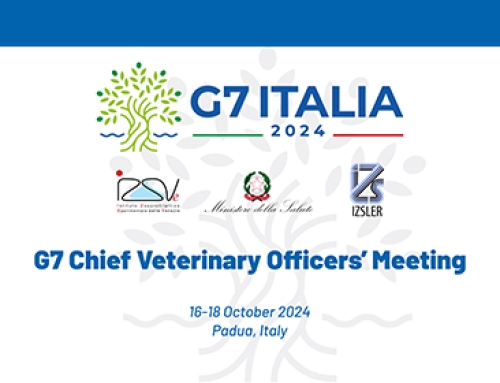
![IZSVe at the First FAO Global Conference on animal health, vaccines, and sustainable livestock [Gallery]](https://www.izsvenezie.com/wp-content/uploads/2024/09/fao-global-conference-500x383.jpg)

![Which is better between wild-caught and farmed fish? [Video]](https://www.izsvenezie.com/wp-content/uploads/2024/01/which-better-wild-farmed-fish-video-500x383.jpg)